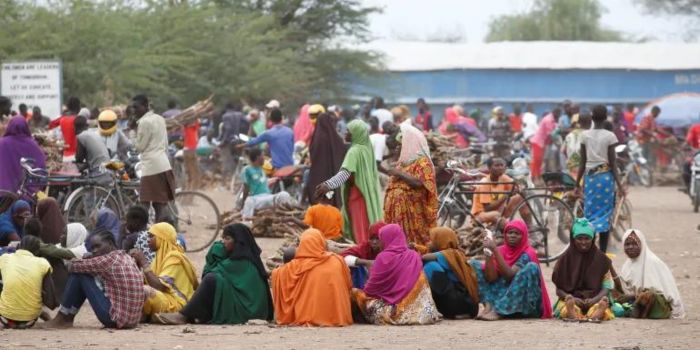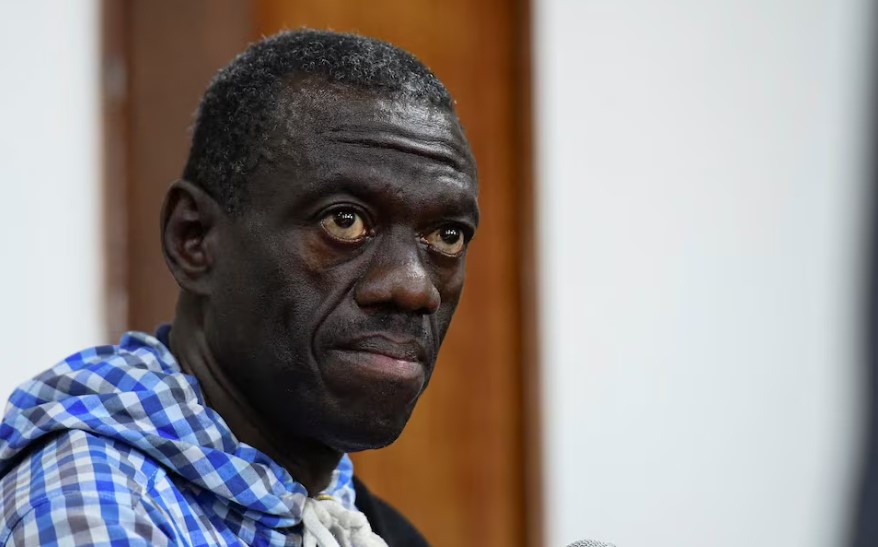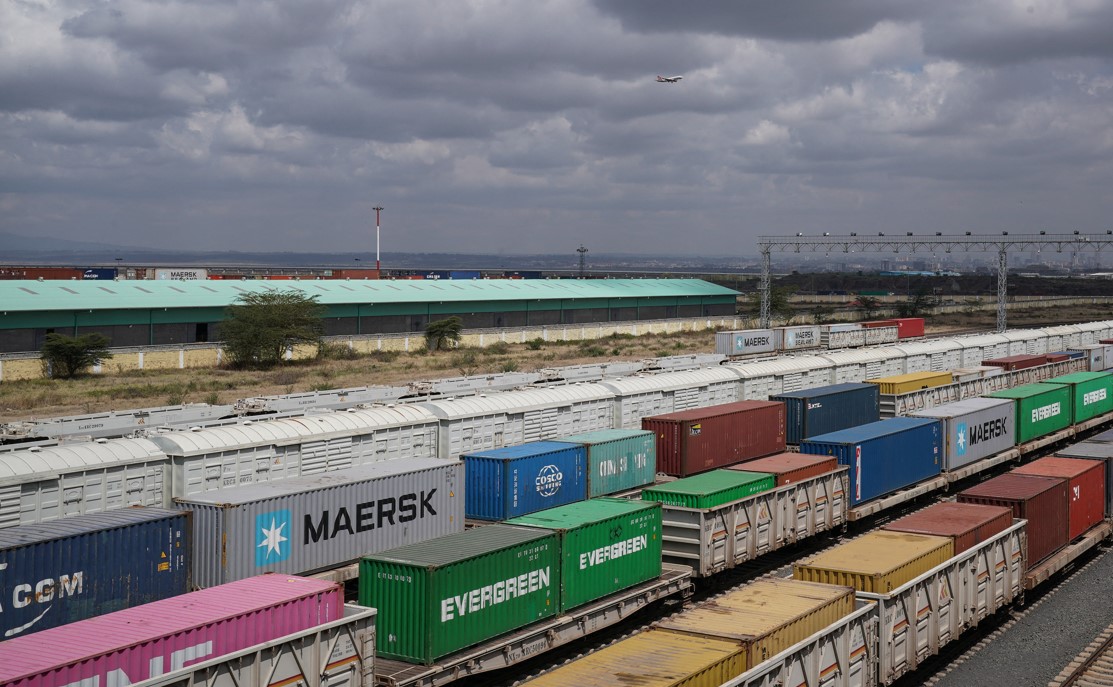Echoes of festivities fade in Gikomba and Burma markets as business wanes
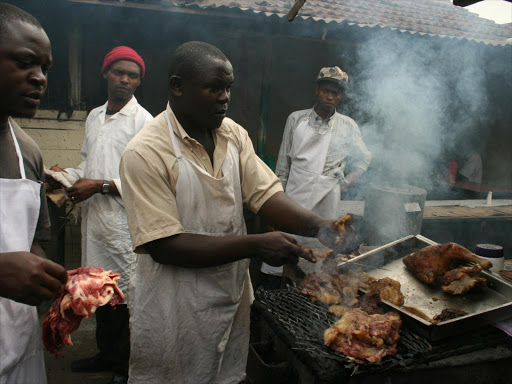
The vibrant hum of Gikomba Market has dwindled to a melancholic drone. Gone are the excited crowds jostling for deals.
The vibrant hum of Gikomba Market has dwindled to a melancholic drone. Gone are the excited crowds jostling for deals, replaced by traders slumped listlessly on worn plastic stools, eyes glued to phones that rarely flicker with notifications. Festive cheer has morphed into the sober reality of post-holiday blues, mirrored in the deserted corridors of Burma Market.
A recent spot check by Eastleigh Voice painted a stark picture. In Gikomba, rows of stalls overflowed with unsold merchandise – clothes in neon hues, plastic wares glinting in the sun, and piles of shoes yearning for feet. "Since schools opened, it's only school items that are moving," confided Mary Wacu, her fingers tracing the embossed pattern on a stack of lunch boxes. "Uniforms, bags, pencils, anything for back-to-school – that's it."
More To Read
- Tragedy in Mathare: Five killed, several injured in devastating slum fire
- Youth project in Nairobi’s Majengo slum helping create jobs, reduce crime
- Mwangi Mbuche: Cutler who keeps knives in Nairobi households, butcheries sharp
- Embakasi West MP calls for probe into surge of fires across Nairobi markets
- Gikomba demolitions: Traders seek court order to access stalls, save property
- How heavy rains brought hardship for market traders in Nairobi
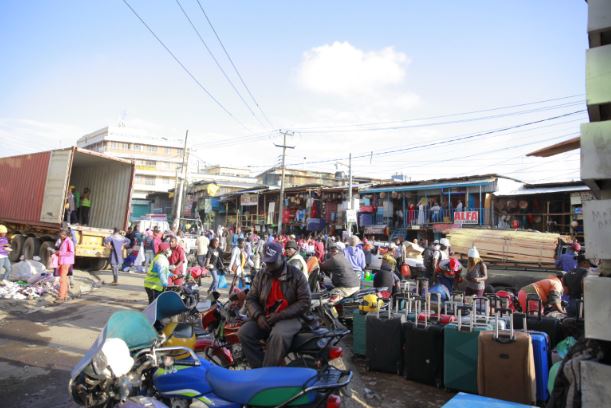 Traders, buyers and transporters at Gikomba Market. (Photo: Amin Abdullahi)
Traders, buyers and transporters at Gikomba Market. (Photo: Amin Abdullahi)
On the other side of Burma Market, which was a haven for carnivorous cravings, stood eerily silent. The iconic aroma of nyama choma, woven into the fabric of December evenings, had dissipated. Grill masters, who once fanned flames with practiced ease, now leaned against smoldering charcoal, lost in muted conversations.
Amidst the gloom, pockets of optimism flickered. "January is always slow," explained Baba Otieno, proprietor of a popular nyama choma stall. "People are settling back, schools have started, budgets are tight. But wait till February, when salaries come in. This place will be buzzing again."
However, not everyone shared Baba Otieno's unwavering faith. Some attributed the downturn to harsher economic realities. "Prices are rising faster than wages," sighed Kingori Ndegwa, a garment trader. "Taxes are choking us. People just don't have the money to spend like they used to."
The contrasting narratives of Gikomba and Burma are just a reflection of wider economic anxieties gripping Kenyans. While some remain hopeful, clinging to the promise of cyclical revival, others fear a deeper malaise. Whether fleeting January blues or a harbinger of tougher times, one thing is clear: the festive echo has faded, leaving behind a market landscape yearning for revival.
In the hushed aisles of Gikomba and the smoldering embers of Burma, a silent battle awaits. The battle between hope and despair, between resilience and surrender. As whispers of recovery mingle with anxieties about the days to come.
Top Stories Today


